AI Copyright Rules Are Re-shaping Music | The Digital Harmony Dilemma 🤖©️
As tech giants push for looser copyright protections, musicians face an existential threat to their creative rights and economic survival
The battle lines are drawn in what might be the most consequential copyright conflict of the digital age. On one side stand tech companies racing to develop increasingly sophisticated AI models, hungry for data and creative works to train them. On the other, musicians and creators fighting to protect their intellectual property, artistic expression, and livelihoods. The outcome will fundamentally re-shape the future of music creation and the economic foundation of creative industries.
Recent developments in both the United States and United Kingdom have brought this tension to a boiling point, revealing a stark divide between those who create content and those who want to use it to build the next generation of AI systems.
The Regulatory Landscape | Shifting Foundations
U.S. Copyright Office Sets Boundaries
In a landmark decision in January 2025, the U.S. Copyright Office ruled that works produced entirely by artificial intelligence cannot be copyrighted. This creates a clear distinction between using AI as a tool versus letting AI do all the creative work. For musicians, this means content generated solely through AI prompts enters the public domain and removes financial incentives to mass-produce purely AI content (or at least that’s what they are hoping).
However, the ruling also clarifies that when AI is used as a tool to “augment human creativity”, the resulting work can still qualify for copyright protection. This nuanced approach attempts to balance innovation with the protection of human creative input.
UK's Controversial Proposal Sparks Artistic Rebellion
Across the Atlantic, British Prime Minister Keir Starmer has proposed relaxing copyright protections as part of his strategy to turn the UK into an "AI superpower". The December 2024 proposal would allow AI companies to freely use copyrighted material unless the copyright owner explicitly opted out.
The response was dramatic. Over a thousand musicians released a "silent album" on Spotify featuring 12 tracks of ambient sound, with titles that when combined read:
"The British Government Must Not Legalize Music Theft To Benefit AI Companies."High-profile artists including Elton John, Paul McCartney, Dua Lipa, and Ed Sheeran signed a letter condemning the proposal.
New Legislative Protections Emerge
In April 2024, Representative Adam Schiff introduced the Generative AI Copyright Disclosure Act in the U.S., requiring AI companies to notify the Register of Copyrights before releasing their AI systems and list the copyrighted works used in training (they don’t). The act would create a public database allowing creators to see how their materials are being used in AI development.
This transparency-focused approach is supposed to address a core concern for creators, knowing when and how their works are being used to train AI systems that might eventually compete with them.
The Industry Divide | Tech vs. Music
Tech Giants Claim "Fair Use"
Google and OpenAI have argued that the principle of "fair use" should apply to AI development. They contend that copyright exceptions "allow for the use of copyrighted, publicly available material for AI training without significantly impacting rights-holders".
OpenAI has framed this as "not only a matter of American competitiveness but a matter of national security," citing advances by Chinese AI companies like DeepSeek. The company has put this belief into action, notably in a copyright lawsuit brought by authors including Sarah Silverman, where it plans to argue that using copyrighted works to train AI should be considered fair use.
Musicians and Rights Organizations Push Back
The American Society of Composers, Authors and Publishers (ASCAP), representing more than one million songwriters, composers, and publishers, has strongly opposed these arguments. In its submission to the US government, ASCAP warned that loosening copyright protections could threaten countless creators' livelihoods.
"While AI can be a powerful tool for innovation and has the potential to enhance human creative efforts, the unchecked use of this technology threatens to undermine the very purpose of the US copyright laws by supplanting, rather than supporting, human creative work,"
ASCAP stated.
ASCAP CEO Elizabeth Matthews emphasized:
"The US can win the AI race without abandoning the strong copyright laws that have fuelled creativity and entrepreneurship across the country for decades".
The organization rejects the fair use argument, stating it has "little basis under a sound analysis of recent case law".
Real-World Impacts | The Economic Stakes
For many musicians, these copyright battles represent an existential threat. As ASCAP noted,
"Many of ASCAP's members rely on the public performance royalties paid to them as their main, if not sole, source of income. In the event that AI platforms usurp this revenue stream, untold numbers of US creators stand to lose their ability to earn a living".
Sir Elton John expressed similar concerns about the UK proposals:
"This will allow global big tech companies to gain free and easy access to artists' work in order to train their artificial intelligence and create competing music. This will dilute and threaten young artists' earnings even further".
He emphasized that it is already "harder than ever for new and emerging musicians to make the finances of the industry stack up to sustain a fledgling career".
The Independent Society of Musicians (ISM) has taken a firm stance against proposals that would allow AI developers to use creative works without prior consent, particularly opposing any shift to an opt-out system that would require creators to actively protect their rights whenever their content appears online.
Principles for Protection | A Framework for the Future
ASCAP has laid out several principles it urges governments to follow in establishing AI policy:
Humans first: Human creativity should be supported, not supplanted, by AI
Consent: AI developers should gain authorization from rights-holders to use copyrighted works
Transparency: AI developers should track copyrighted materials used and notify rights owners
Compensation: Creators and rights holders should be paid fairly for their work
Credit: AI-generated music should be labeled as such, with proper attribution
Global consistency: AI development policy should be coordinated globally
Technological Solutions Emerging
As these legal battles unfold, technological solutions are emerging to help protect copyright in the AI era. Tools like CoverNet can detect AI-generated clones of artists' voices and identify unauthorized uses of copyrighted music across platforms. The music industry is investing heavily in new algorithms and machine learning specifically to address AI copyright issues.
These automated copyright detection systems are becoming increasingly vital as music consumption shifts predominantly online. By scanning multiple digital platforms simultaneously, these AI tools can swiftly identify instances of unauthorized music usage, ensuring that artists and labels receive their due royalties.
The Path Forward | Balance and Protection
The challenge for policymakers, industry leaders, and creators is to find approaches that harness AI's capabilities while ensuring human creators can continue to thrive economically and artistically. This requires nuanced policies that recognise both the value of innovation and the essential role of copyright in supporting creative work.
A balanced approach might include:
Maintaining permission-based copyright: Copyright should remain permission-based, with creators actively consenting to the use of their work rather than being forced to opt out.
Ensuring fair compensation: If copyrighted works are used for AI training, creators should receive fair compensation.
Mandating transparency: AI developers should be required to disclose which works they've used in training.
Establishing clear labelling: AI-generated content should be clearly labeled as such, with attribution to human creators whose work influenced it.
Conclusion | What's at Stake
The outcome of today's copyright battles will shape not just the future of music but the relationship between technology and human creativity for generations to come. While AI offers tremendous potential to augment human creativity, this potential must be realised in ways that respect and sustain the human creative ecosystem.
As Sir Elton John and many others have argued, creative rights cannot simply be sacrificed at the altar of technological progress. The AI revolution in music production must proceed with careful consideration of its impact on those who have dedicated their lives to musical creation and performance.
The decisions made today will determine whether AI becomes a tool that empowers human creativity or one that ultimately undermines it. For the sake of musicians, listeners, and our cultural heritage,
WE MUST GET THIS BALANCE RIGHT.
🤔 What do you think about these developments? How do you think we can balance AI innovation with protecting creative rights?
💬 Share your thoughts in the comments below.
🤝🏼 Join us at Vinyl Culture as we continue exploring ways to preserve and evolve an authentic Music Culture in an age dominated by algorithms and corporate interests.
🙌🏻 Together, we can make a difference.

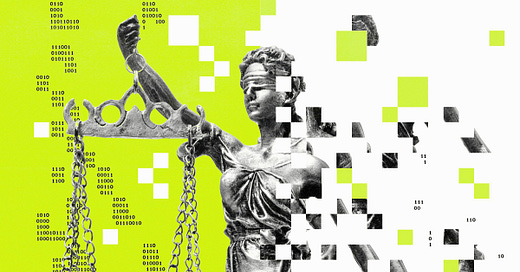



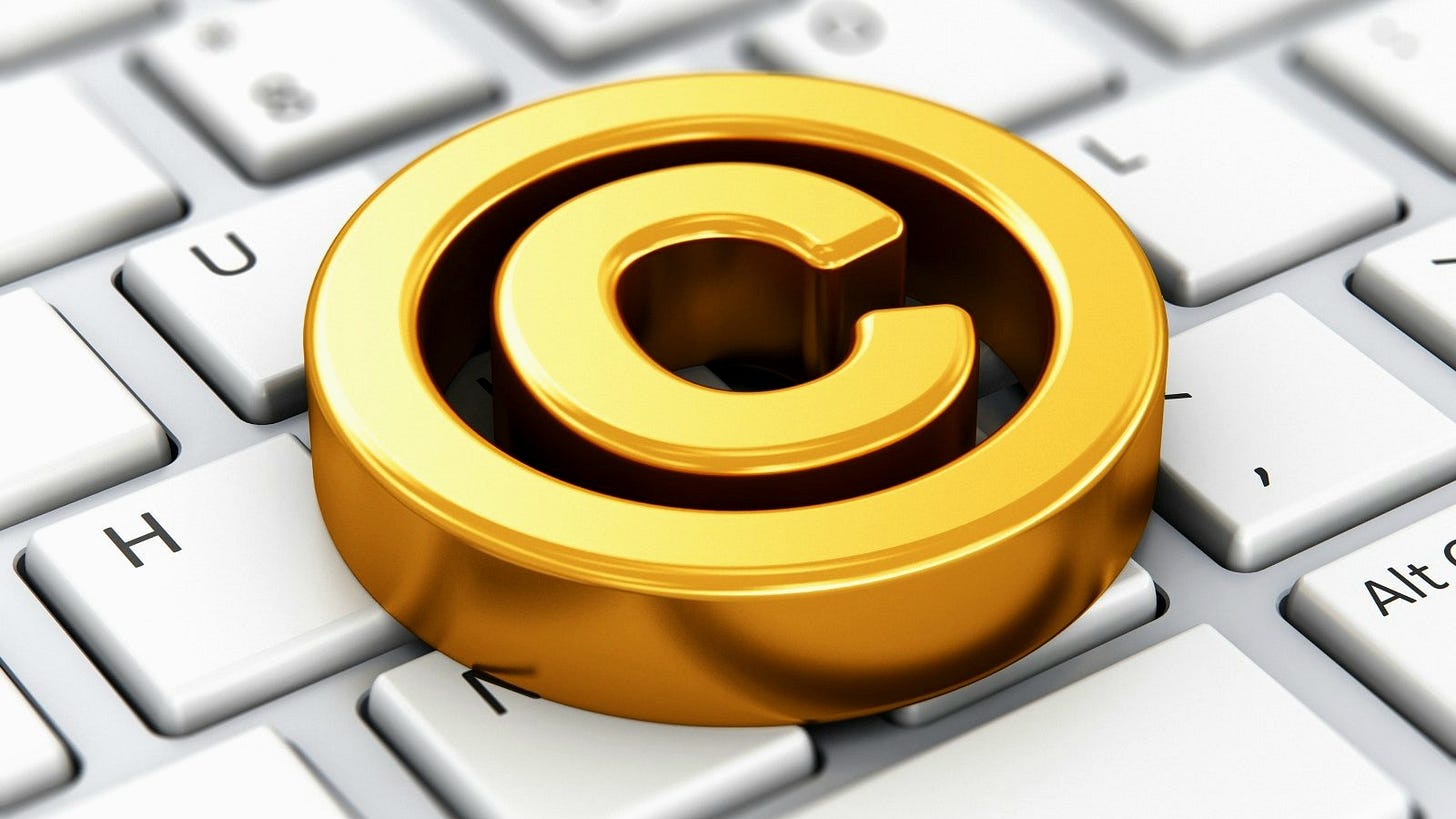
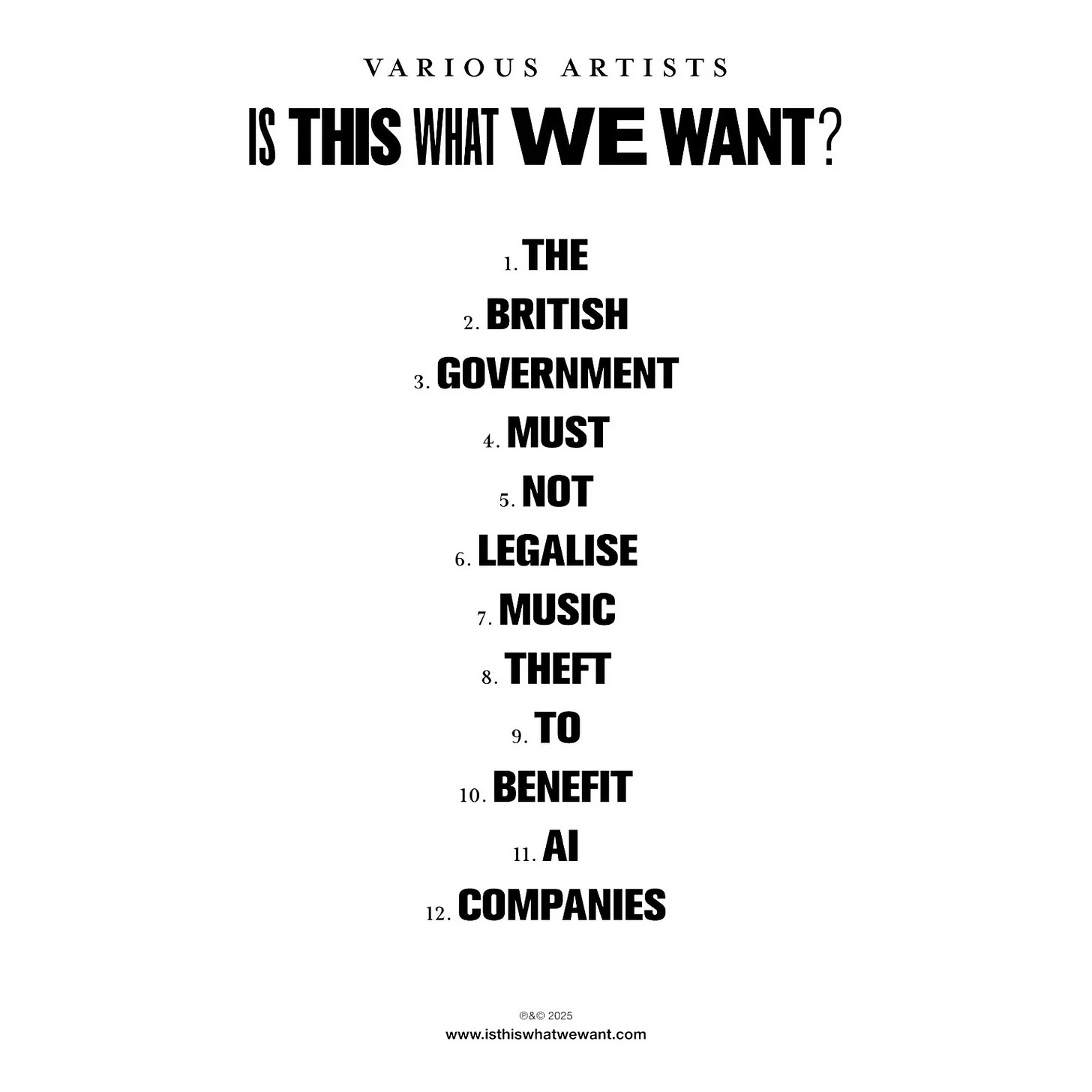
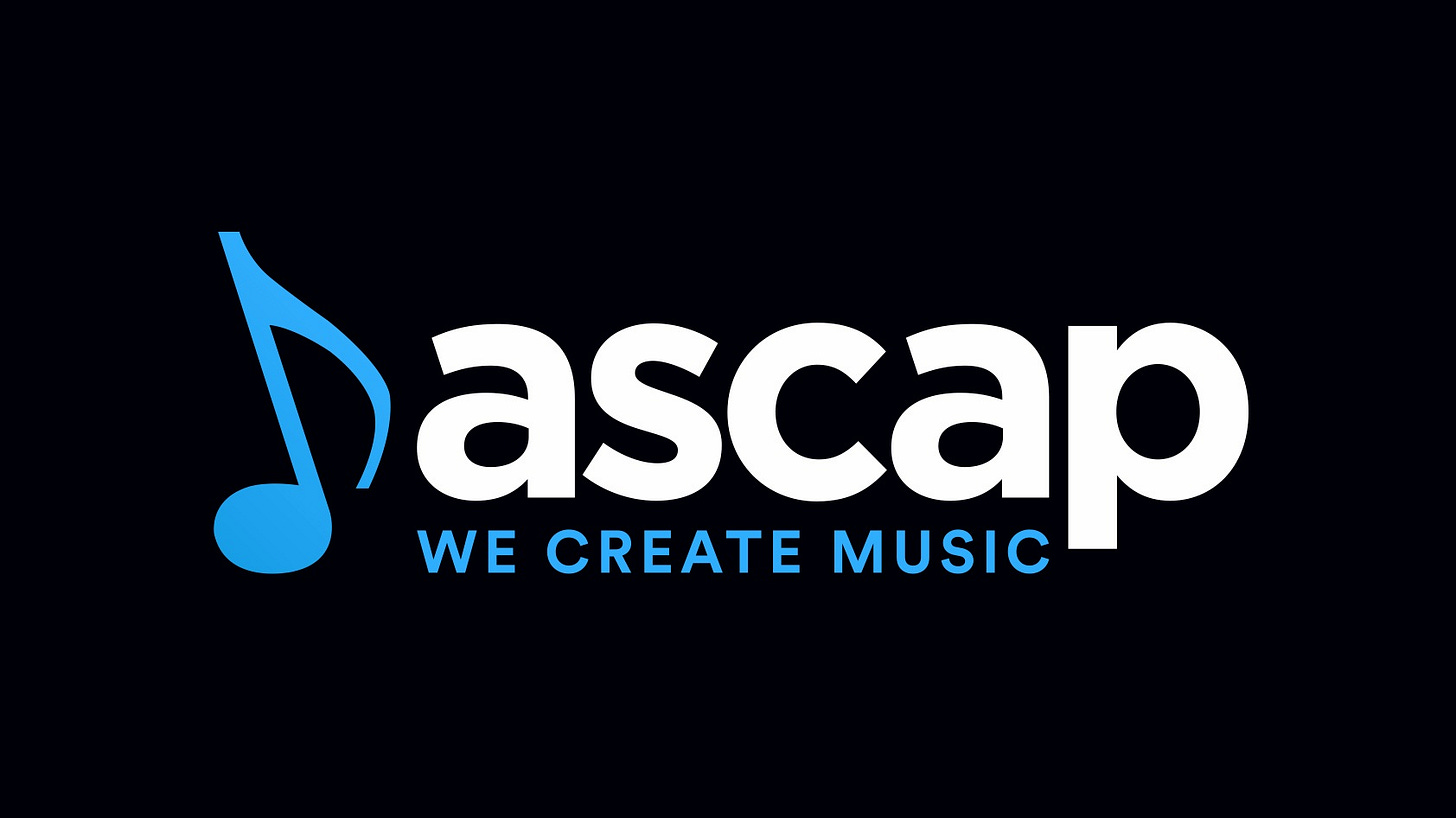



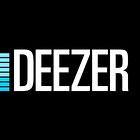
This is a long one; but VERY IMPORTANT 🤔